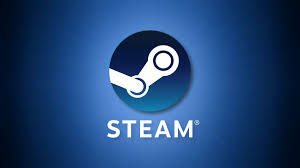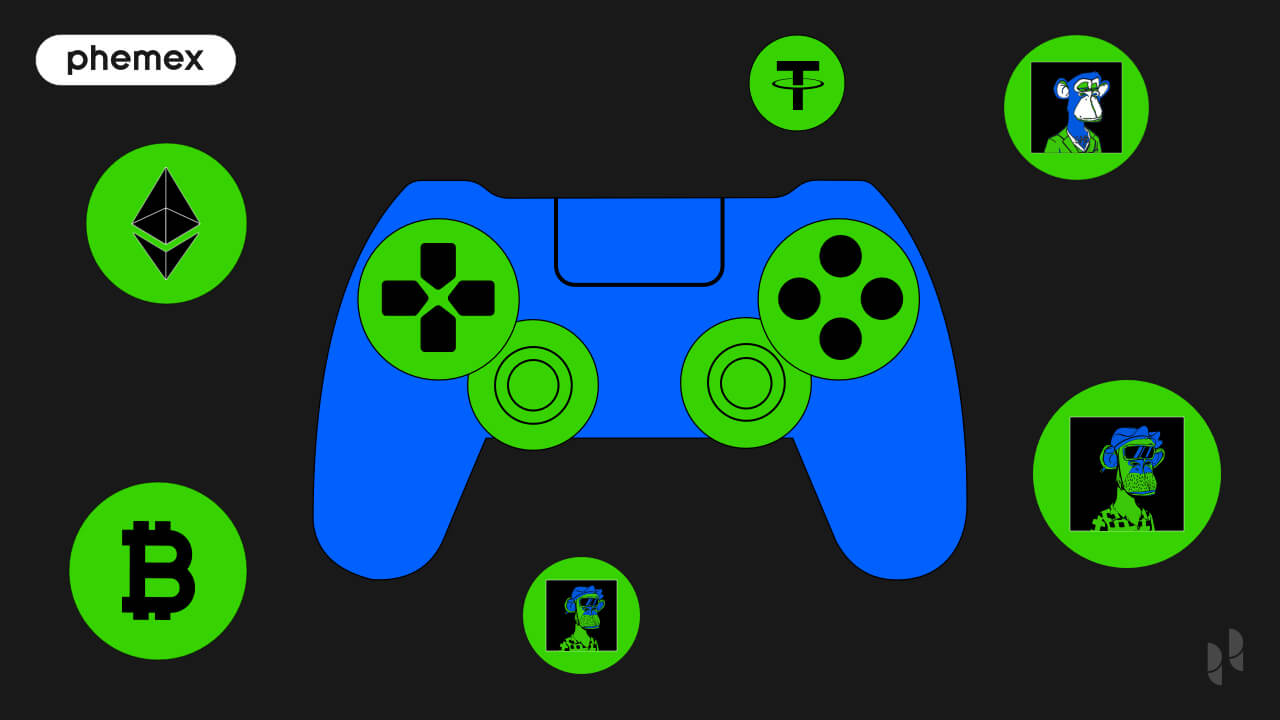Key Takeaways:
- Steam has begun removing adult games allegedly under pressure from anti-porn and anti-abortion groups.
- Groups like Collective Shout and NCOSE have histories of targeting games for controversial or misunderstood content.
- The reliance on third-party rules raises serious concerns about future censorship and content control in gaming.
Steam, the world’s largest PC gaming platform, is reportedly delisting a wide range of adult-themed games—marking a stark shift in policy—following pressure from controversial advocacy groups. These removals target games with extreme sexual content, specifically those referencing themes like inc*st or sexual violence.
Third-Party Influence May Be Driving Steam’s Policy Shift
Last week, Steam disclosed that it may begin removing games that violate the rules of third-party entities, including banks and internet service providers. This came just as hundreds of adult games quietly vanished from the platform. One group, Collective Shout, has claimed responsibility for the move.
In a public statement, Collective Shout said, “Steam appears to be working through its games and slowly delisting titles tagged with rpe or incst.” The group alleged that the number of such games had dropped from nearly 500 to just 81. While the exact count remains disputed—PC Gamer and other sources question the figures—the change is undeniable.
Also read: Frank Miller’s Daredevil: A Groundbreaking Run That Doesn’t Fully Hold Up Today
Collective Shout and Its History of Controversial Campaigns
Founded by figures with anti-abortion and anti-pornography stances, Collective Shout has previously targeted video games over their depictions of violence and sexual content. In 2018, the group petitioned for the ban of Detroit: Become Human in Australia due to its portrayal of domestic abuse, despite the game condemning such behavior. They also led a campaign against GTA V for allowing players to harm female NPCs, focusing on a single example of in-game behavior.
While these campaigns claim to protect vulnerable groups, critics argue they often misrepresent content and undermine artistic expression in interactive media.
U.S.-Based Group NCOSE Also Pushing for Broader Restrictions
Joining the pressure campaign is the National Center on Sexual Exploitation (NCOSE), a U.S.-based group with similarly controversial positions. NCOSE has opposed comprehensive sex education, supported the banning of sex toys on platforms like Etsy, and specifically targeted games like HuniePop for removal from Steam.
Critics warn that if Steam’s new policy empowers these groups via third-party pressure, it could pave the way for censorship of content based on ideology rather than legal or platform-based standards.
Conclusion: A Precedent That Raises Alarms Across the Industry
The removals suggest a new era of content moderation on Steam—one where payment processors and advocacy groups may indirectly shape what gamers can access. With groups like Collective Shout and NCOSE known for mischaracterizing content, developers and players alike are expressing concern over where this precedent could lead.
Disclaimer: The information in this article is for general purposes only and does not constitute financial advice. The author’s views are personal and may not reflect the views of GameDegen.com. Before making any investment decisions, you should always conduct your own research. GameDegen.com is not responsible for any financial losses.




